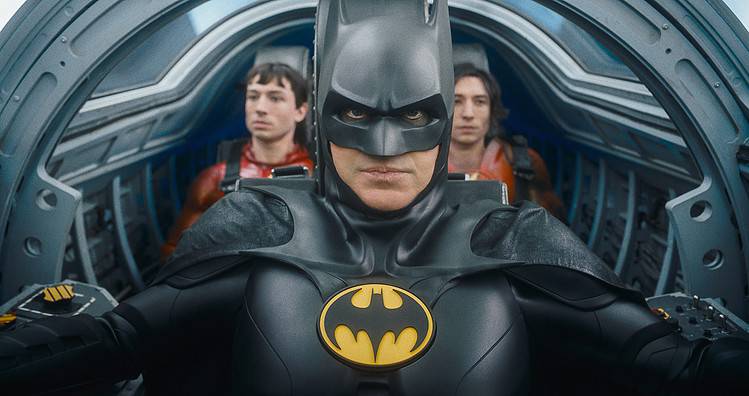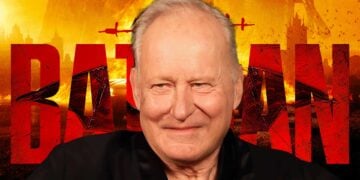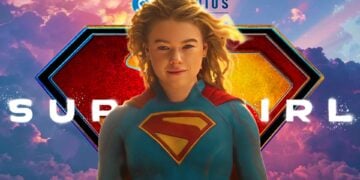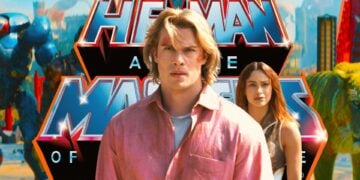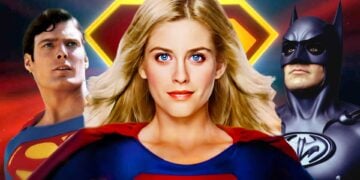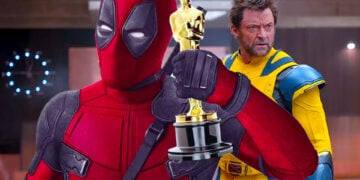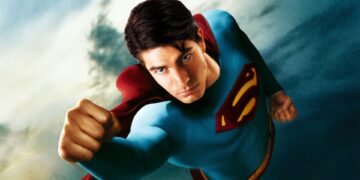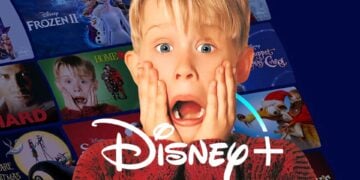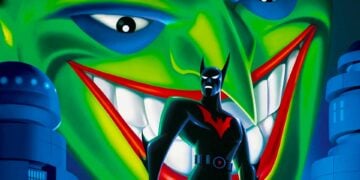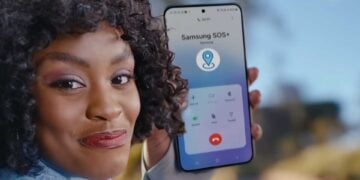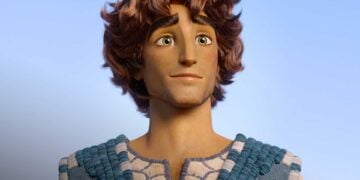Not every problem requiring a solution is a core theme of The Flash; however, it’s clear that commitment is also fundamental to this principle here. And ironically, that’s something that Warner Bros. Discovery and DC can’t seem to fathom. On its own, Andy Muschietti’s The Flash movie is a wonderful superhero showcase, but it’s stopped from achieving an all-timer status by the studio’s vision being in obvious disarray.
What’s the point of being the fastest man on the planet if you can’t use your super-speed to go back in time and change events? That’s what Barry Allen (Ezra Miller) does, as he realises he has the ability to go back in time to the most important day in his life and change the course of events. Despite Bruce Wayne (the Ben Affleck version) telling him it’s a bad idea and can kickstart the butterfly effect, Barry decides that destiny is merely a pencil scribbling that can be erased and rewritten. Like Bruce warned him, he ends up catapulted into another universe with a younger version of himself, a different Batman (Michael Keaton), and the threat of General Zod (Michael Shannon) annihilating Earth.

First off, The Flash isn’t a direct movie adaptation of Geoff Johns and Andy Kubert’s Flashpoint. There are similarities, but this universe Barry travels to is more of a convergence than an alternate reality. It’s similar to the time-travel logic of Back to the Future, which is used as a running gag throughout this film, whereby changing one event or the meeting of a past self has repercussions for the future. That being said, Christina Hodson’s script works as it makes Barry’s story central to the movie. Flashpoint is about how Barry’s actions change everything, whereas The Flash movie is about why he does it.
Miller’s versions of Barry are the heart and soul of the film. The Flash establishes that Barry’s super-speed isn’t his greatest superpower, but it’s his compassion and desire to do right by others – with a willingness to sacrifice for the greater good. Miller carries this in their interpretations of the character. While it’s easy to dismiss this as simply different versions of Barry quipping and cracking jokes to each other, there are subtle nuances in Miller’s performance that make each version individually unique.
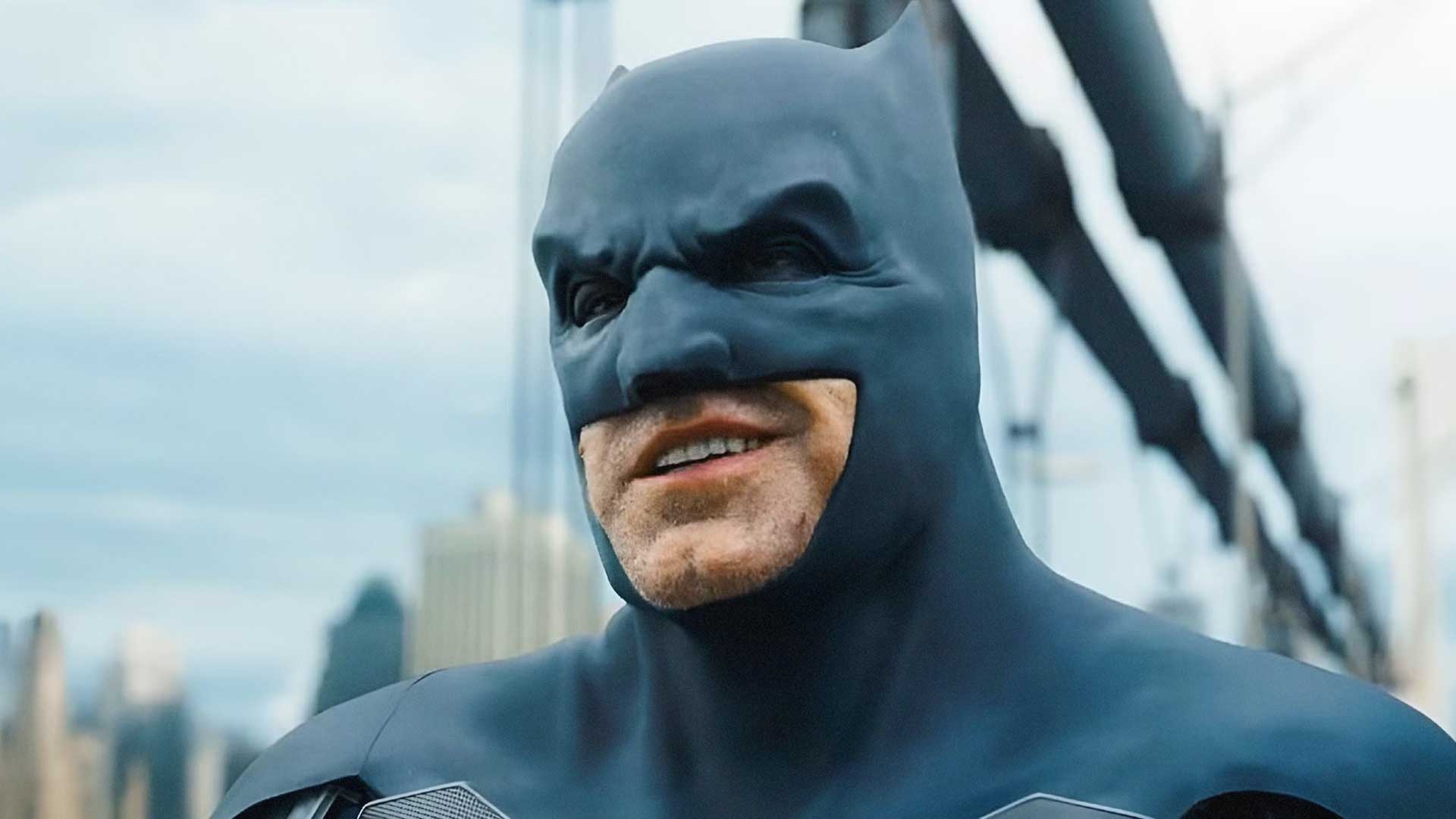
Michael Keaton is the main support in the film. Despite it being 30 years since his last performance as Batman, he’s still got it. This is beyond the iconic one-liners, but in the way in which he commands the screen as the character. There has always been a special quality to his version of the Caped Crusader that no other actor possesses. It’s an X-factor that’s hard to pinpoint as he understands the psychology and duality of this complex character, while never forgetting he is someone who cares about others – hence the reason he dresses up as a giant bat to beat up others.
While Sasha Calle’s Supergirl makes a splash, she isn’t as much a part of the movie as fans might expect. It feels as if there are missing sections to her arc here, as her story comes across as rushed or incomplete. Also, without going into spoilers, she certainly isn’t displacing Henry Cavill’s Superman as the superior Kryptonian in the DC Universe here.
Apart from the acting performances, the biggest hero of the movie is the director. Yes, the CGI is patchy in certain scenes (although, we were told this isn’t the final cut of the movie in the screening session) and it’s clear this film has had its fair share of cuts to adapt to and remove whichever flavour of the DCU Warner Bros. subscribes to on any given week. However, Muschietti still puts together a cohesive and engaging story that captures the heart. This isn’t like the theatrical cut of Justice League that is a tale of two movies. Instead, Muschietti has shown an uncanny ability to pivot and recalibrate, so it is unsurprising to hear he is being mentioned as a possible candidate for The Brave and the Bold movie.
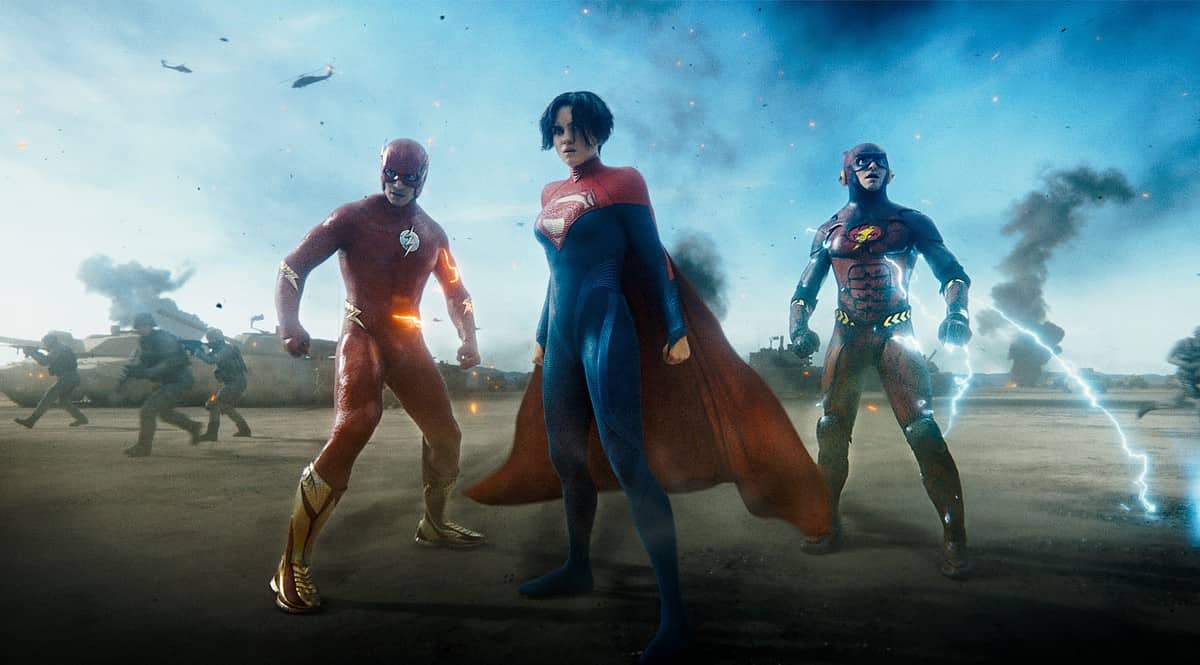
Perhaps the biggest disappointment about The Flash movie is the case of what could have been. This isn’t the greatest superhero movie of all time – don’t believe that marketing nonsense from Warner Bros. It is a very good comic book movie that had the potential to be great, but it is hamstrung by studio politics and too many chefs in the kitchen. The fact that this film is still undergoing changes until the last minute tells us everything about the state of Warner Bros. at the moment. The irony is the events of the film don’t provide any real definitive answers to the future of the franchise. Instead, it sits on the fence, allowing an opportunity for future course corrections if needed. Warner Bros. seems to be the studio with the coldest feet in Hollywood, and its DC slate will never feel complete until it learns to commit to a vision (or decision) and stick to it.

